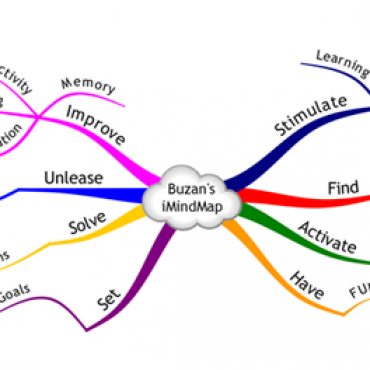Contact Admission
International Collaboration
A jump in LUPUS disease
A jump in LUPUS disease
Researchers point to a surprising link between inflammation and mental illness, identifying potential drugs.

Researchers have found that interferon-alpha, in red, appears to permeate the blood-brain barrier.
The green color activates interferon-alpha receptors (also known as IFNARs), which are responsible for triggering microglia attack on nerve interference.
Image: Carroll laboratory
More than 75% of patients with lupus erythematosus, an incurable autoimmune disease, present with classic psychotic symptoms. Until now, however, our understanding of how lupus affects the brain is limited.
Allison Bialas, a research scientist at Harvard Medical School in the Department of Pediatrics at Boston Children's Hospital, said: “In general, lupus patients have many neurological symptoms such as anxiety, depression, headache, motion neurosis and even mental disorders. But the cause of these symptoms was not clear for a long time, these symptoms were not even considered as symptoms of the disease. ”From a pathological perspective, Ms. Bialas thought, changes Immune system modifications in lupus patients were directly responsible for these symptoms.
Something remarkable has been discovered, according to Harvard Medical School Professor at Boston Children's Hospital - the direction of finding a potential new drug to protect the brain from the psychoactive effects of lupus and other another disease.
How does chronic inflammation affect the brain?
Lupus affects at least 1.5 million Americans. Lupus causes the immune systems to attack tissues and organs. This causes the white blood cells to release interferon-alpha type 1, a small cytokine protein that acts as a systemic alarm, triggering a chain of additional immune activities when the protein This cytokine binds to receptors in various tissues. Until now, however, these cytokines were unable to cross the blood-brain barrier - because the barrier is a highly selective filter that controls the transfer of substances between circulating blood and nervous system cerebral fluid. Central (CNS - The central nervous system). Therefore, there is not any indication that interferon-alpha type 1 can enter the brain and induce an immune response there. So it was quite surprising that the Harvard team discovered in mice with lupus, that interferon-alpha actually permeates the blood-brain barrier and causes changes in the brain. Once the blood-brain barrier is crossed, interferon-alpha releases microglia, which causes the immune defense cells of the central nervous system to attack on the brain's nerve interference. This causes nerve interference in the frontal lobe cortex.
"We have found a mechanism that connects inflammation directly to mental illness," said Harvard University Professor Carroll. This discovery has huge implications for a wide range of CNS diseases. ".
According to Allison Bialas - Harvard University: "Neurological lupus is not just a group of unspecified neurological symptoms, but a real brain disease - and that's what we can do. treatment ".
Notably, the team found that the anti-interferon-alpha appeared to have neuroprotective effects in mice with lupus, preventing synaptic damage when compared to mice. do not take medicine. What's more, the team also found that the mice treated with the anti-interferon-alpha had a decrease in behavioral markers associated with mental illnesses such as anxiety and cognitive defects. Although further research is needed to determine exactly how interferon-alpha crosses the blood-brain barrier, the group's findings form the basis for future clinical trials to investigate the effect. use of anti-interferon-alpha drugs on nervous lupus and other central nervous system diseases. One anti-IFNAR drug, anifrolumab, is being evaluated in a phase 3 human clinical trial to treat other aspects of lupus.
"We have seen microbial dysfunction in other diseases such as schizophrenia, and now this allows them to," said Bialas, the first author of the research team. We connect lupus with other CNS diseases. ”Effects go beyond lupus because inflammation is a disease of many diseases, from Alzheimer's disease (dementia) to viral infection to chronic stress.
Source : hms.harvard.edu
Translator: Dr. Nguyen Huu Tung & partner
Other healthcare
- Development history of world medicine ( 11:44 - 13/10/2017 )
- Microfluidic channel device for tumor chemotherapy ( 11:40 - 12/10/2017 )
- Higher education in the era of Industrial Revolution 4.0 ( 11:37 - 08/11/2017 )
- DRG Nerve Stimulant Device ( 11:19 - 09/10/2017 )
- Surgeons view CT, MRI, ultrasound images using 3D technology ( 11:14 - 07/10/2017 )
- Steps to make mind map (Mind map) ( 11:00 - 07/10/2017 )
- Mind mapping software ( 10:41 - 07/10/2017 )
- Mind map is what? ( 10:28 - 18/10/2017 )
- Schizophrenia is 80% hereditary ( 10:21 - 05/10/2017 )
- Ten ancient pain relievers ( 15:20 - 06/10/2017 )


















